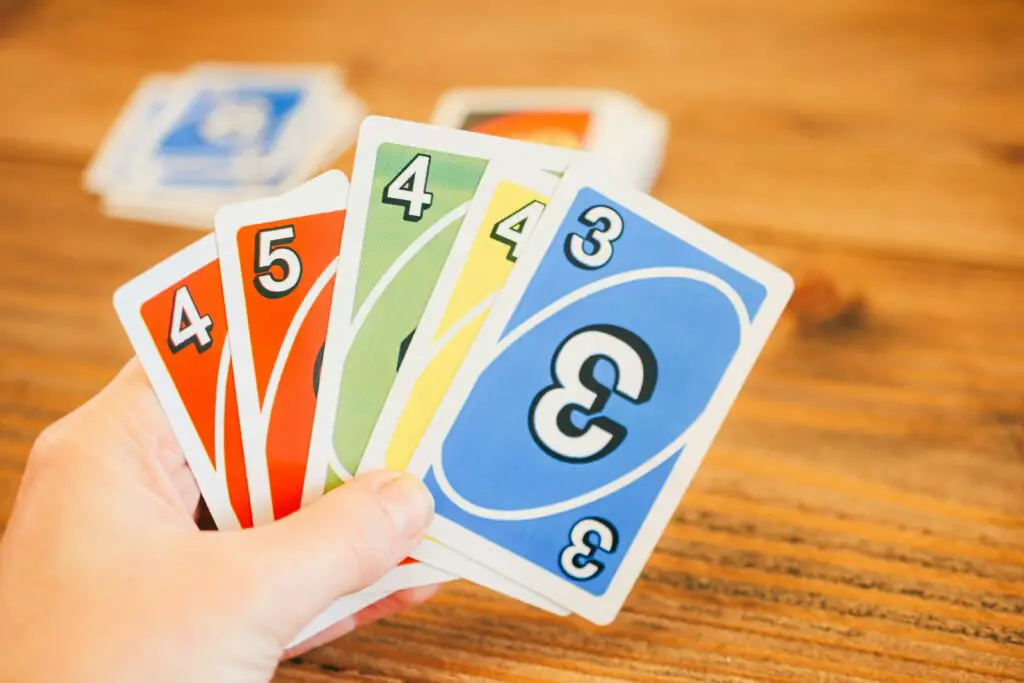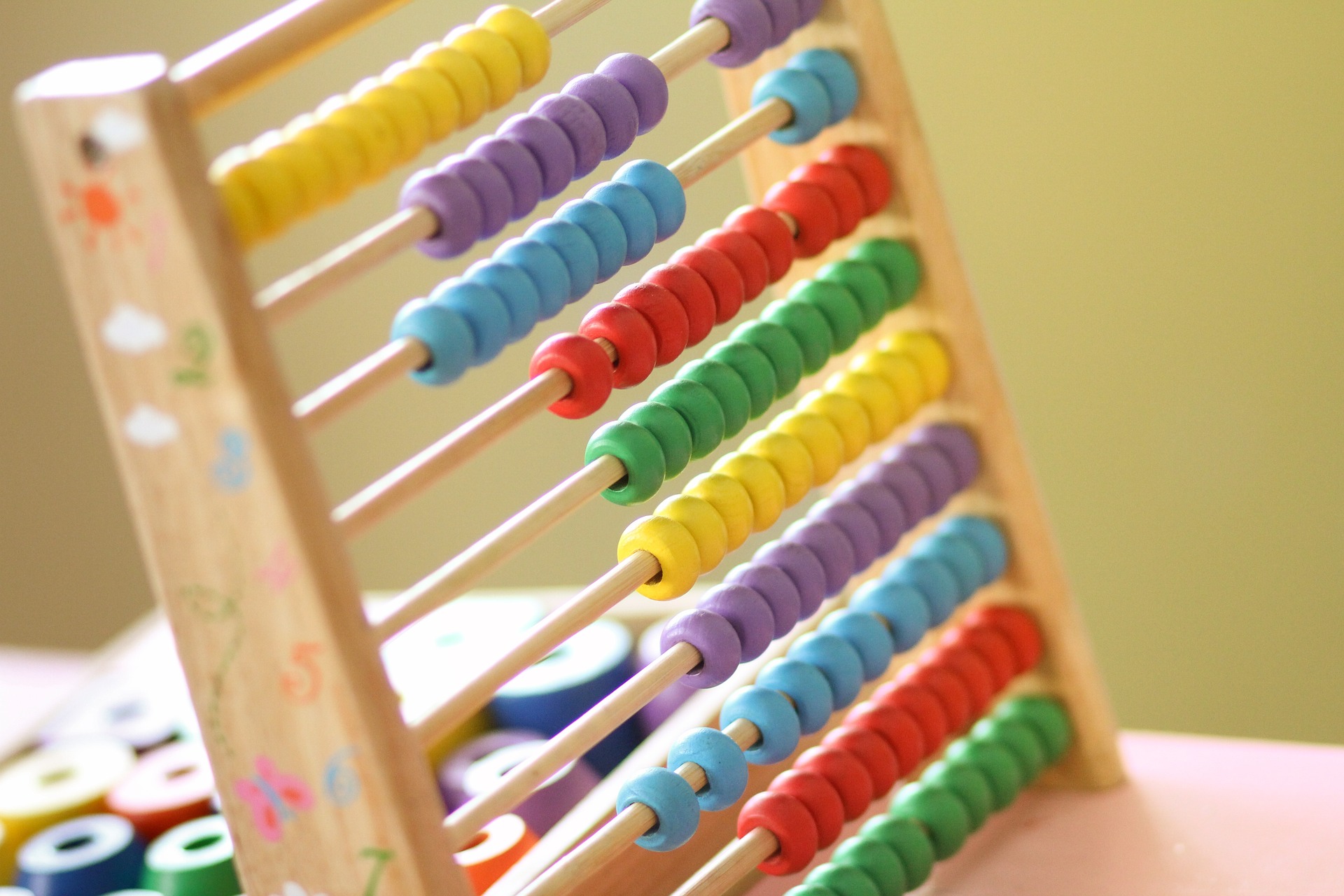Hey there, math wizards and fun seekers! Ready to dive into the world of math board games for kids? These games are the secret sauce to turning numbers and equations into a world of excitement. Forget dull drills; we’re talking about rolling dice, strategic moves, and laughter-filled learning that makes math a blast. Whether your little ones are just starting to count or are ready to conquer fractions, there’s a game out there to challenge and delight them. So gather around the table—it’s time to play your way to math mastery!
In my profession, it also happened that I had to teach children. Since I have a great joy in mathematics, it was quite easy for me. With small games, we can promote the children well.
Understanding Math Board Games for Kids
When you’re considering math board games for your kids, you’re not just picking out fun activities. You’re selecting tools that can enhance their arithmetic skills through play. Math board games for kids range in complexity, targeting various age groups and mathematical concepts.
- For Young Learners: Games might focus on counting or number recognition. As you’re beginning math adventures with your younger children, look for board games that are colorful and straightforward to keep them engaged.
- Middle Childhood: At this stage, kids often tackle concepts like addition, subtraction, multiplication, and division. Games for this age group often involve more strategy, which can help strengthen critical thinking along with math skills.
- Preteens and Up: Complex math topics such as fractions, geometry, prime numbers, and equation balancing become more prominent as your child grows. For kids in this age bracket, you should pick games that challenge their problem-solving ability and deepen their understanding of mathematical ideas.
To select the right game, consider:
- Age appropriateness: Will your child understand and enjoy the game?
- Educational value: Does the game practice math skills in a meaningful way?
- Number of players: Is it suitable for your family or your child’s playgroup?
Math board games also present an opportunity to participate in a low-pressure, engaging learning environment. You can find games that allow your kids to practice real-world math in a relaxed context, which is beneficial as they build confidence in their math abilities. For example, certain kids math board games integrate everyday math applications that resonate with practical life scenarios.
Choosing the right math board game can make math an exciting and interactive part of your child’s development.
Top Picks of Math Board Games for Different Ages

Choosing the right math board game can make learning numbers fun and engaging for your kids. Browse through this curated list of games tailored to suit different age groups and enhance your child’s math skills through play.
Games for Early Learners
- Hi Ho! Cherry-O – This is a classic game designed to help young kids improve their counting skills and number recognition in a fun-filled way. By playing Hi Ho! Cherry-O, your child will experience a stress-free approach to learning basic mathematics.
- The Ladybug Game – Ideal for preschoolers, this game emphasizes basic counting and number perception. The adorable theme of The Ladybug Game keeps the little ones engaged while they learn.
Challenges for Elementary Schoolers
- Monopoly – Not only does Monopoly teach kids about property trading, but it also reinforces arithmetic through transactions. Handling money in Monopoly involves addition, subtraction, and multiplication without your child even realizing they’re practicing math!
- Sum Swamp – Navigate through a swampy adventure filled with addition and subtraction challenges. Sum Swamp is a perfect way to reinforce these basic operations for elementary-aged children.
Strategic Play for Older Kids
- Prime Climb – This game is a perfect blend of strategy and arithmetic, offering an exciting way for older kids to explore multiplication and division. Your kids will be honing their math skills with every move they make in Prime Climb.
- Settlers of Catan – For kids who are ready for more complex math and strategy, Settlers of Catan involves resource management and probability, requiring children to plan and calculate their moves carefully.
Each game mentioned is a great resource for parents and educators looking for ways to promote mathematical thinking outside of traditional worksheets. By incorporating these board games into your child’s playtime, you’re setting the foundation for a love of math that can last a lifetime.
Educational Benefits of Math Board Games

Math board games offer an engaging and interactive way to help your child enhance their mathematical abilities. These games are designed to target various aspects of learning while ensuring that the process remains enjoyable and dynamic.
Cognitive Skills Development
Math board games are an excellent way to encourage critical thinking and problem-solving skills. When you introduce your child to games such as Prime Climb, they’re not just having fun—they’re also improving their ability to recognize numbers, perform basic operations, and understand number comprehension. These games often involve strategic planning, giving your child an opportunity to analyze and adapt to different situations and sharpening their decision-making skills.
- Number Recognition: Quickly identify and respond to numbers on cards, dice, or boards.
- Counting: Actively count spaces to move pieces, enhancing the understanding of sequence and quantity.
- Basic Operations: Apply addition, subtraction, multiplication, or division to progress in the game.
Social Skills and Teamwork
In addition to cognitive development, math board games also foster key social skills like communication and collaboration. Games that require players to work as a team or discuss strategies, such as those described by The Tabletop Family, are invaluable for teaching children the importance of teamwork. By playing together, they learn to share ideas, celebrate wins gracefully, and handle losses with resilience.
- Turn-Taking: Understand the importance of waiting patiently and allowing others their turn.
- Cooperation: Engage with peers or family members to reach a common goal, which promotes teamwork.
- Conflict Resolution: Address disagreements constructively, an essential part of playing games and interpersonal interaction.
How to Integrate Math Board Games into Learning

Integrating math board games into both classroom activities and at-home learning can make math more engaging for kids. These games provide an interactive way to practice math concepts and develop critical thinking skills.
Classroom Integration
In the classroom, you can schedule regular board game sessions to reinforce the week’s math topics. Begin by selecting games that align with your math curriculum. For instance, if you’re teaching arithmetic, choose games that require players to perform calculations, such as Making Math Fun For Kids With Math Board Games, which help kids practice their addition and subtraction skills.
Here’s a simple framework you can follow:
- Select the Right Game: Ensure it’s age-appropriate and aligns with the learning objectives.
- Explain the Rules: Clearly explain how to play the game, focusing on the math skills involved.
- Form Small Groups: This allows for better interaction and individual participation.
- Rotate Games: To keep students engaged and cover different math concepts.
At-Home Play and Practice
At home, parents can incorporate math board games into their child’s routine to supplement school learning. Games that require strategic thinking and problem-solving can make math practice enjoyable. On websites like Board Games That Teach Math to Young Children, you can find a variety of games suitable for different age levels and math skills.
To effectively use math board games at home:
- Set Regular Game Times: Consistency helps children look forward to and expect these playful learning sessions.
- Participate with Your Child: Playing together can stimulate discussion and foster a positive attitude towards math.
Remember, the goal is to make learning math a fun and stress-free experience for kids both in and out of the classroom.
Selecting the Right Math Board Game for Your Child

Choosing a math board game that aligns with your child’s abilities and learning tempo is crucial for their enjoyment and education. The right game can boost their math skills and confidence.
Considering Child’s Math Skills
It’s important to start with an assessment of your child’s current math abilities. If you have a young child who is just starting, games like Cherry-O are brilliant for practicing basic counting and number perception. For older kids, who are more advanced, consider a game like Prime Climb, which requires multiplication and division skills.
- Beginners: Look for games that emphasize counting and recognizing numbers.
- E.g., “Cherry-O,” “The Ladybug Game”
- Intermediate: Choose games that introduce addition, subtraction, and basic multiplication.
- E.g., “Sum Swamp,” “Math Bingo”
- Advanced: Opt for games that challenge with higher multiplication, division, and problem-solving.
- E.g., “Prime Climb,” “City of Zombies”
Adjusting to Your Child’s Learning Pace
Games are most effective when they dovetail with your child’s learning pace. If your child is a fast learner, you could pick a game that offers some degree of complexity, like Settlers of Catan, which involves resource management and strategic thinking. On the other hand, if your child needs a little more time, games that allow for turn-based play, giving them ample time to think and calculate, can be very helpful.
- Fast Learners:
- Encourage quick thinking and adaptability.
- Games with less waiting time between turns can be exciting.
- Steady Learners:
- Turn-based games with clear, uncomplicated rules work best.
- Consider games with a cooperative component so they can learn as part of a team.
My personal opinion
I can only encourage you all to play many board games with your children. I often have less of an intention that my child can finally count all the numbers and do arithmetic. It’s just fun to play and spend time together, and as a bonus, they learn something.
Frequently Asked Questions

In this section, you’ll find answers to common queries regarding math board games, helping you select the right game to boost mathematical skills for various age groups and proficiency levels.
What are some engaging board game ideas that can help kids learn math?
For younger children, games like Chutes and Ladders offer basic counting practice, while Arctic Riders are perfect for introducing addition and subtraction.
Can you recommend board games suited for enhancing math skills in 7-year-old children?
Games such as Uno are excellent for 7-year-olds as they promote number recognition and can help sharpen basic math skills through play.
Where can I find math board game resources in PDF format?
Although specific PDF resources are not listed here, online educational platforms and teaching resource websites frequently offer downloadable math board game PDFs.
Are there math board games designed for adult players?
Yes, there are math board games tailored to adults that challenge strategic thinking and mathematical proficiency, though specific titles targeting adults are not mentioned in the provided search results.
Could you suggest math-centered board games appropriate for high school students?
High school students can benefit from games that require more complex mathematical operations, such as Trek 12, which involves manipulating dice using addition, subtraction, and multiplication.
If you liked this blog post about the topic: math board games for kids, don’t forget to leave us a comment down below to tell us about your experience with it.






